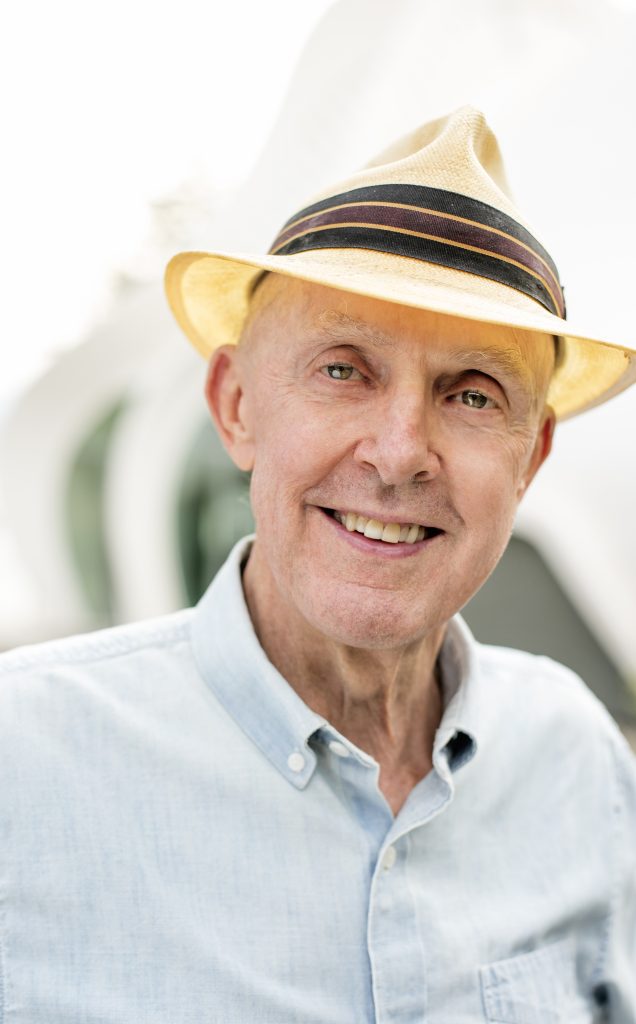What Would a Swami Say?
We sat down with Swami Sivananda, a long-time Ashram teacher and Swami Radha disciple, to ask questions about everyday issues. He explores how reflection reveals a greater understanding of ourselves and how we deal with the world around us.
Question:
How is conflict handled when you’re living in a community like the Ashram with so many different people?
“Conflict isn’t as much of a factor here because people are focused on finding out about themselves. I’m not perfect and I make mistakes, and I can appreciate that I irritate other people. But the idea of us living together is to learn what it means to support each other in our growth. As extraordinary as it may seem, this actually works here. The idea is to address what’s real, what’s really happening. Through the classes that we each participate in and the structure that’s provided by the teachings, we hopefully catch things as they’re emerging and are still small.”
Question:
Many people come here because they’re going through changes in their lives, and the Ashram itself is always changing. How can someone approach change gracefully and without fear of the unknown?
“Your question implies the ideal – that we manage change well. At the Ashram, change does happen often so in a certain way it is part of the Ashram living experience.
I think the key again is understanding oneself. Reflection is a large part of it. It’s fair to say that if we stop that internal reflective process, then managing change becomes harder and kind of scary because it seems external. But if I’ve already gone through changes in myself and understood what I’m doing and why I’m doing it, I have a lot less fear because of the confidence I’ve gained through my experience.
It’s so helpful to become familiar with change. Take death as an example; it’s a huge change. If we reflect on it in a healthy way instead of running off in our imaginations – what Swami Radha calls uncultivated imagination – we harness that imaginative force and the emotions that are hooked into it. With the strength of this technique, change isn’t as spooky or fearsome.”
Question:
In a world where instant gratification seems paramount, why is patience a virtue and what do we gain from it?
“That’s everybody’s exploration. I’ve explored these things a little bit and come to my own understanding, and then I’ve read about them to see what other people say. The Dalai Lama said, “What’s the opposite of anger? Patience.” And so, if we want to live in a more harmonious world – or at least one where anger is less of a driving force – then patience is one of the most important starting points. Eventually patience starts to take on other dimensions, like surrender. That leads to a whole other exploration. When this kind of reflective thinking starts to become part of our daily environment, we really start learning.”



Comments are closed.